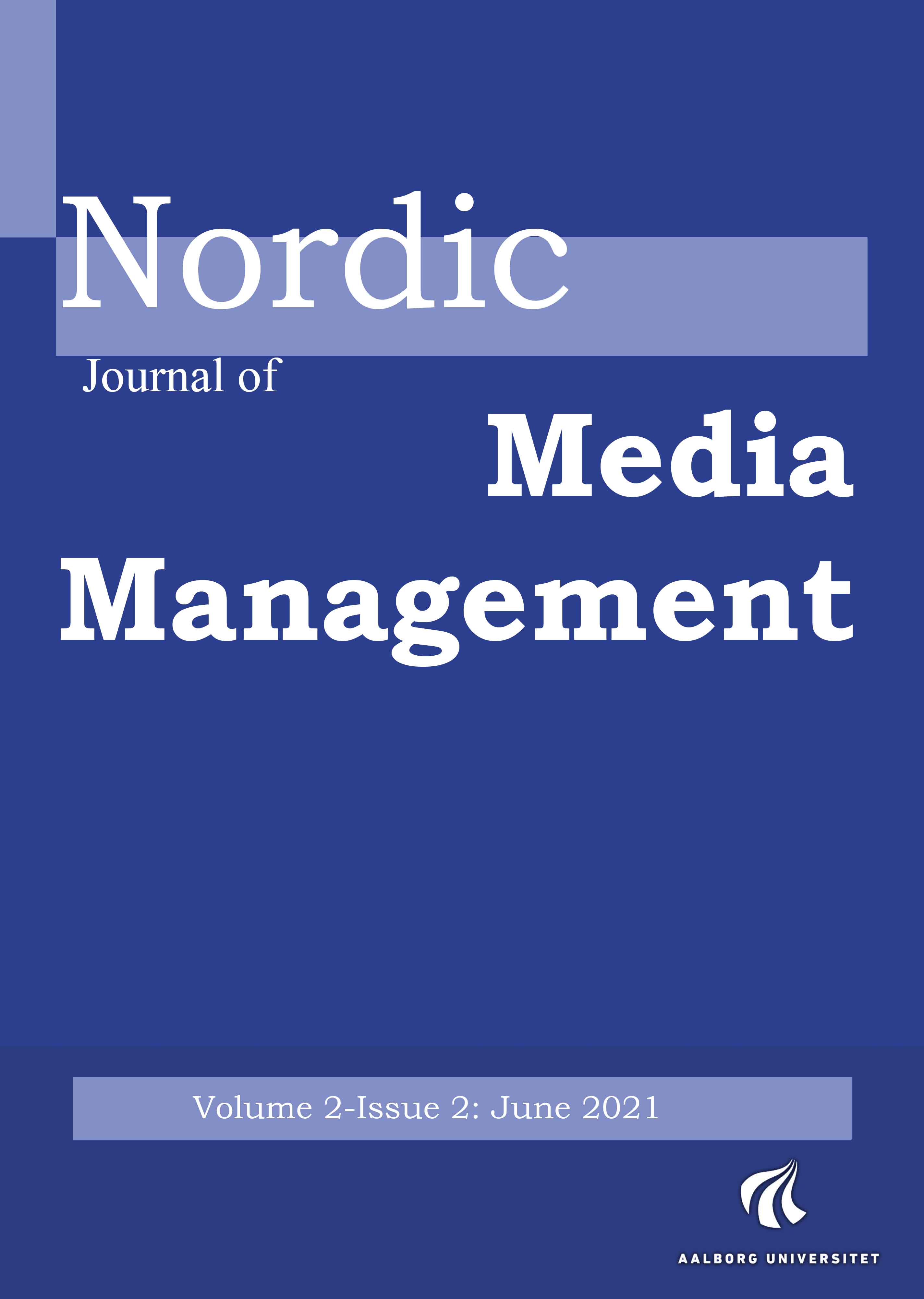Value Co-Creation in Knowledge-Intensive Media Businesses: Conceptualizing the Integrative Dyadic-Triadic-Network-Knowledge Shop Framework
Published 31-08-2021
Keywords
- business model,
- knowledge shop,
- service logic,
- value co-creation,
- dyadic, triadic, and network
How to Cite
Copyright (c) 2021 Melanie Herfort, Reinhard Kunz and Petra Düren

This work is licensed under a Creative Commons Attribution 4.0 International License.
Abstract
Purpose: This study develops a novel framework that illustrates how to better identify, understand, and stimulate dyadic, triadic, and network value co-creation in knowledge-intensive media businesses. It improves the conceptualization of model-based value co-creation among businesses and enhances the understanding of development frameworks by combining established strategic management and marketing concepts.
Methodology: This research brings together two perspectives: a provider-centric strategic management knowledge shop (business characteristics) and a service logic-based dyadic-, triadic-, or network-integrated service marketing co-creation approach. This framework clarifies the actors involved in dyadic, triadic, and network co-creation to elucidate when direct interactions driven by specific, jointly created contents lead to value co-creation in the four business attributes.
Findings/Contribution: The interdisciplinary framework extends the provider-centric strategic management knowledge shop to an integrative perspective, and the service-logic provider-client view, to a triadic and network perspective. The framework could be used for empirical studies as a conceptual research lens and help motivate media management scholars to improve their knowledge of co-creation in the media research field.

